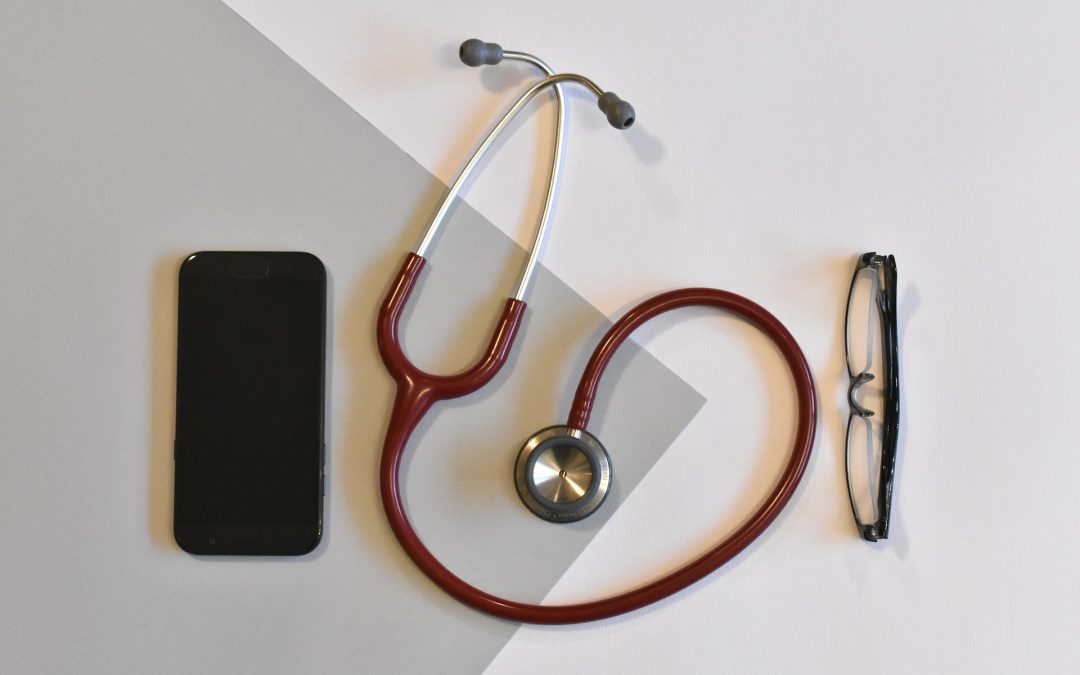The eHealth market is as active as ever. Digital health companies were in hot demand throughout 2020, with 246 deals on the books for last year, an annual record for the sector. In the first quarter of 2021, we already have 102 deals, according to search results in our Healthcare Deals Database. In 2020, it was all about virtual care and telehealth, exemplified by eHealth deals such as Teladoc Health, Inc.’s (NYSE: TDOC) $18.5 billion acquisition of Livongo Health, Inc. or the $1.35 billion reverse merger of UpHealth and Cloudbreak Health with Oaktree Acquisition Corp., a special purpose acquisition company. Much of the demand in eHealth was due to the Covid-19 pandemic, but other specialties, such as remote patient monitoring firms and companies specializing in revenue cycle management services, were sold at a premium.
However, with the start of the new year, other trends are becoming much more apparent. In the first week of January, Optum, a member of UnitedHealth Group (NYSE: UNH), announced it was buying Change Healthcare (NASDAQ: CHNG), the eHealth and analytics giant for $13.17 billion, consisting of $8 billion in cash ($25.75 per share) and approximately $5.17 billion in assumed debt. That is a 41% premium to Change Healthcare’s closing price on January 5, 2021.
This deal represents a broader shift occurring in the industry, and UnitedHealth is at the forefront of that change: total care coordination and a seamless connection of different systems of healthcare. With Change Healthcare’s analytics platform, which provides data and analytics-driven solutions to improve clinical, financial, administrative, and patient engagement outcomes in the U.S. healthcare system, Optum could essentially become a one-stop digital health hub for its vast network of hospitals, physician practices and its managed care network.
Think of it this way: a patient could attend a virtual care session through Optum’s telehealth platform, with an Optum-employed physician, manage their claims and payments through the Optum platform, and then fill whatever prescriptions or medications through that same hub.
With Change Healthcare’s patient engagement analytical smarts, that experience can be tailored to each patient individually. To the average patient, that sounds a lot more appealing than bouncing between their doctor and their insurance provider to get a claim approved. No one enjoys that.
In late March, the American Hospital Association sent a letter to the U.S. Department of Justice’s Antitrust Division regarding the merger of Optum and Change Healthcare, saying the deal threatens to reduce competition for the sale of healthcare information technology services to hospitals, so we’ll see where that goes.
However, other companies are following UnitedHealth’s vision of care coordination. In March, Appriss Health, a portfolio company of Clearlake Capital Group and Insight Partners, announced it is buying Boston-based PatientPing. According to sources cited in PEHub, the deal is valued at approximately $500 million.
PatientPing has developed a platform that enables providers to collaborate on shared patients through a comprehensive suite of solutions and allows provider organizations, health plans, governments, individuals and the organizations supporting them to leverage real-time patient data to reach their shared goals of improving the efficiency of our healthcare system.
PatientPing’s network connects over 1,250 hospitals, 7,000 post-acute care facilities, and hundreds of other providers such as Federally Qualified Health Centers, social and human service agencies, urgent care centers, and behavioral health organizations, among others.
PatientPing has raised roughly $101.2 million since launching in 2013, including a $60 million Series C in August. Its backers include F-Prime Capital, Andreessen Horowitz and GV, the VC investment arm of Alphabet Inc (parent company of Google).
Appriss Health provides state government agencies with substance dispensing information and delivers real-time clinical decision support, critical insights, and interventions to physicians, pharmacists, and care team members through millions of patient encounters each year.
The combined Appriss Health and PatientPing platform will serve the largest integrated delivery systems in the U.S., including 2,500 hospitals, 7,500 post-acute facilities, 25,000 pharmacies including every national pharmacy chain and 43 state governments.
Although not as comprehensive as Optum’s platform (without UnitedHealth’s resources, that’s a very difficult bar to reach), hospitals and health systems will definitely seek out companies like PatientPing to help improve the patient experience.
It’s not just enough to offer a telehealth platform, as highlighted by these deals, but rather a whole spectrum of healthcare services tailored to each individual patient.

